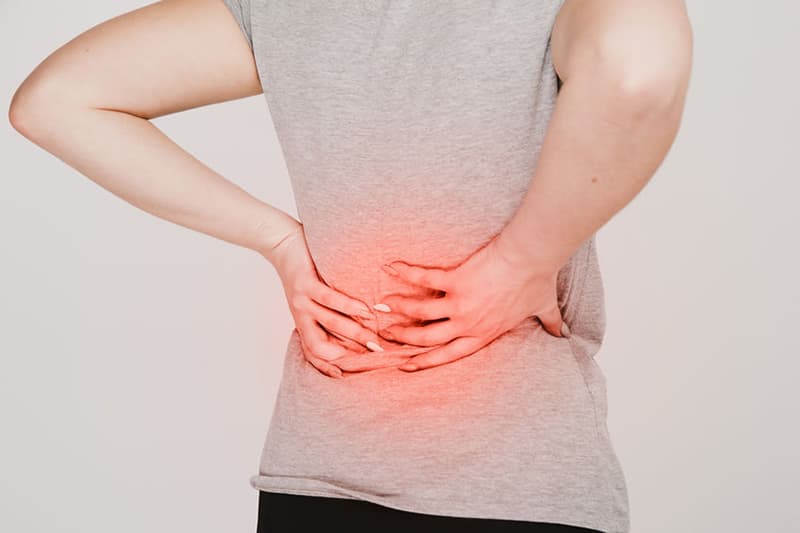In one of six articles we will explore useful tips to assist you to keep your Brain Healthy, build reserve and reduce the risk of dementia and Alzheimers.
At this time of year – with the changes in day light saving and the stress around the end of financial year, we thought exploring factors around Sleep was a great place to start.
Quality sleep improves our mood, sharpens the mind, gives us energy to approach our busy lives and sleep is essential for memory.
Sleep deprivation negatively impacts our mood – making us cranky, less tolerant and impairs mental problem solving and recall of events. Most adults need 8 hours sleep per night. Productivity can be affected by lower levels of sleep.
The Centre for Disease Control maintains that one third of adults are not getting the minimum 7 hours uninterrupted rest recommended for optimal health (Harvard Medical School 2017).
Sleep helps shift new information from the hippocampus in your brain, where new information is temporarily stored to your frontal cortex where it is stored permanently.
Researchers claim that for every daylight hour you are awake – you need a full half hour of sleep to process new information learnt (Stickgold et al).
Studies of sleep deprivation found inflammatory markers such as cytokines and interleukin-6 and others – suggesting that sleep deprivation may play a role in the inflammatory process. In Stage 2 and 3 (Slow Wave) Sleep your heart rate and blood pressure fall. We do know that poor sleepers are at risk of high blood pressure and heart disease.
Quality sleep also ensures the destructive beta-amyloid protein, found in the brains of Alzheimer’s patients, is swept away by cerebrospinal fluid – preventing build-up in the frontal lobe of the brain – where this can impair slow-wave non-REM sleep and damage memory.
With the natural aging process we also suffer loss of brain storage and retrieval and with the addition of sleep disruption, that occurs as a natural result of aging – memory is further compromised.
Natural Strategies for Improved Sleep:
1. Power Naps: If you are groggy during the day, 20 – 30 minutes Power Naps are helpful as they do not interfere with your nightly sleep pattern.
Researchers also suggest that 60-90 minute naps assist with learning new tasks as they allow enough time for both slow-wave and REM sleep.
2. Develop a routine: Get your body into a sleep-wake cycle by getting up at the same time each day. Aim to get over 7 hours sleep per night.
3. Sunlight: Expose yourself to sunlight each day or sit by your window if it is too cold to go outside.
4. Exercise: Exercise each day – but avoid exercising within 2 hours of bedtime.
5. Evening Meal: Try making your evening meal a light meal – not too spicy.
6. Avoid Food, Drinks and Stimulants that keep you awake: Caffeine, alcohol and tobacco will keep you awake.
7. Develop a Sleep Ritual: Go to bed to sleep.
A half hour prior to bed avoid:
- all blue-light emitting devices such as computers, as these activate the brain. Consider reading an analogue book instead.
- Darken your bedroom and ensure it is cool and create the mood for sleep.
- If your inner chatter stops you from sleeping after being on bed for half an hour – get up and go into another room and do something like read a book for 30 minutes until you are tired and then hop into bed and try again.









